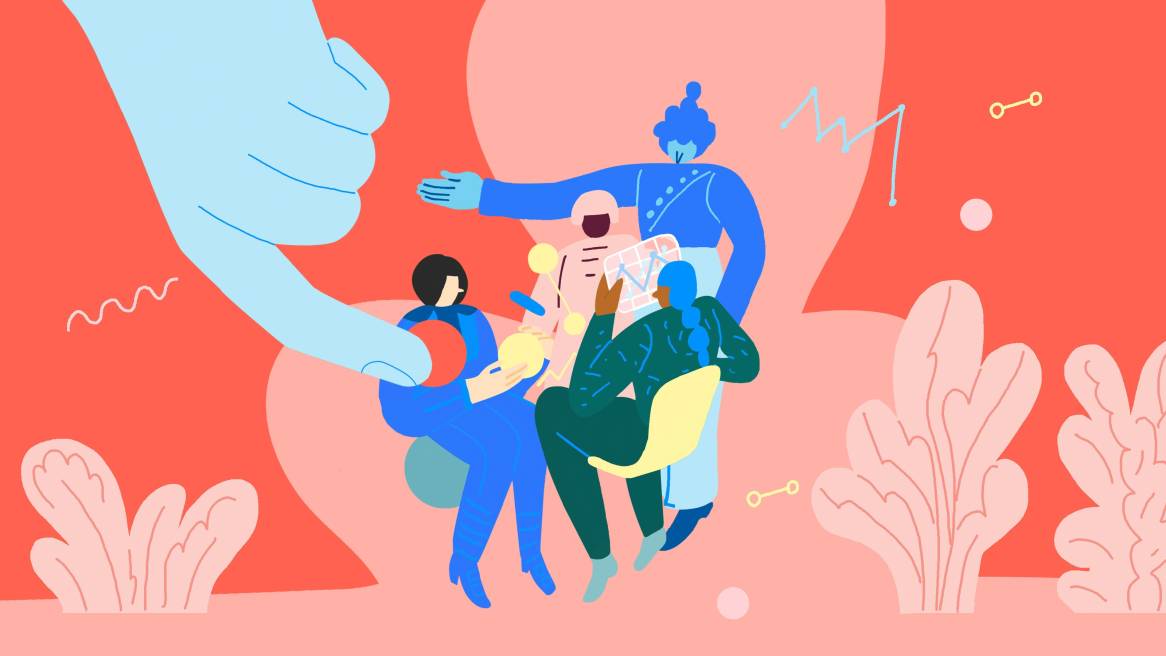Fast Forward
Spaces that Know Us
Brain science is rapidly advancing to detect and influence our physiological and psychological states. The science is evident in a host of human performance apps and multi-sensory environments that employ selective stimuli—from the visual cues of a beehive to the rhythmic tempo of a musical composition—to frame the state of our feelings, attention, memories and moods.
With this new level of detection and analysis, environments hold the potential to enhance human performance by coming to know us intimately. Rooms will become personalized to our software habits and preferences, knowing which platforms, news feeds and applications we gravitate toward. In the same way a FitBit tells us how many calories we’ve burned and hours we’ve slept, augmented rooms and surfaces will track our behaviors through data pulled from our devices and bio-informed sensors—adjusting lighting, visual privacy, acoustics and temperature with algorithms conceived according to our personal preferences.
Bots, virtual assistants and other software agents will act as human proxies, not only querying data, but asking questions.
Over time, the design of intelligent rooms and user inter- faces will become more humanistic and intuitive, articulated in architecture and furnishings reflecting a range of postures, work modes, light levels and acoustic qualities. The introvert may find she does her best work in a private, solitary room encased in soundproof glass. The extrovert may prefer to prepare to do his year-end report in a heavily trafficked café, while listening to The Beatles. Both will come to see spaces as a partner in the generative process.
But innovations in biosensing technologies and artificial intelligence will do more than predict our personal preferences and desires; these augmented spaces will learn things about us, how sensory stimuli affect our habits and behaviors. As we gain a deeper understanding of how spaces affect our neural pathways and cognitive and emotional states, we’ll be able to translate these ideas more fully into architectural practice. A multimodal mediated work environment known as Mediated Atmospheres now being studied at MIT’s Media Lab suggests the direction we’re moving: a kind of “consciousness hacking,” in which intentionally designed offices with abundant natural light, distant views and pleasing acoustics inspire clear thinking and creativity. It’s not far away, a future in which spaces prime us for behaviors and states of mind that improve performance.
- Glimpses Into the Future
- Active Agents in the Gig Economy
- Navigating Oceans of Data
- Intelligent Innovation Networks
- Healthy, Sustaining Spaces
- Room as Team Member
- Spaces that Know Us
- Virtual Social Spaces


